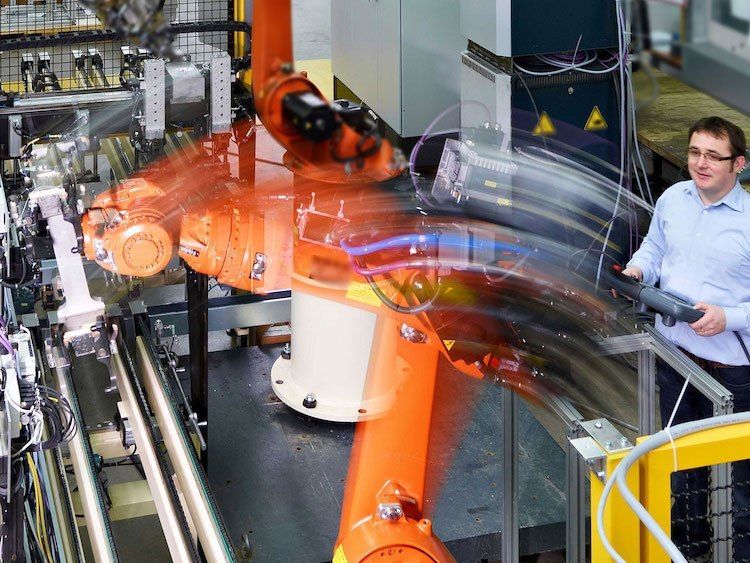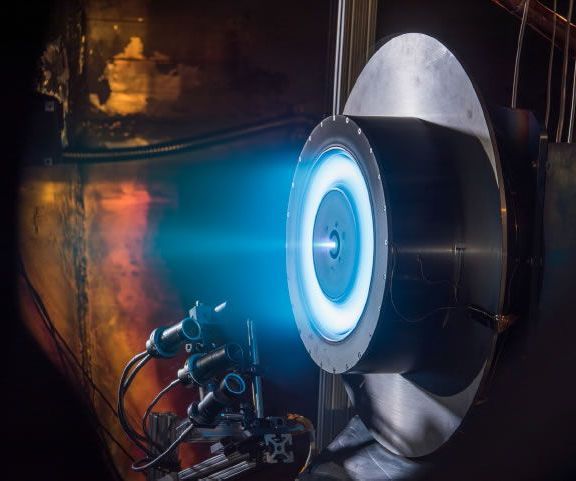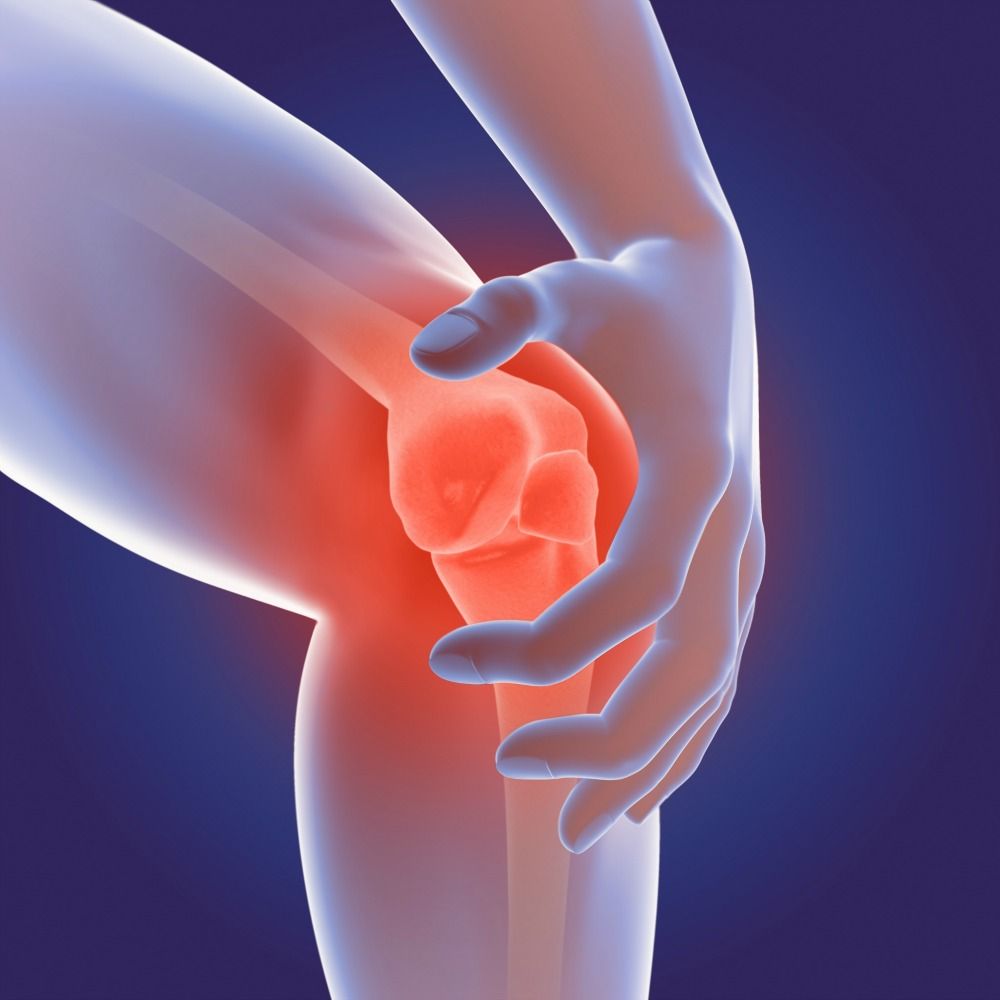
Stem cells are pluripotent cells, having a property of differentiating into various types of cells of human body. Several studies have developed mesenchymal stem cells (MSCs) from various human tissues, peripheral blood and body fluids. These cells are then characterized by cellular and molecular markers to understand their specific phenotypes. Dental pulp stem cells (DPSCs) are having a MSCs phenotype and they are differentiated into neuron, cardiomyocytes, chondrocytes, osteoblasts, liver cells and β cells of islet of pancreas. Thus, DPSCs have shown great potentiality to use in regenerative medicine for treatment of various human diseases including dental related problems. These cells can also be developed into induced pluripotent stem cells by incorporation of pluripotency markers and use for regenerative therapies of various diseases. The DPSCs are derived from various dental tissues such as human exfoliated deciduous teeth, apical papilla, periodontal ligament and dental follicle tissue. This review will overview the information about isolation, cellular and molecular characterization and differentiation of DPSCs into various types of human cells and thus these cells have important applications in regenerative therapies for various diseases. This review will be most useful for postgraduate dental students as well as scientists working in the field of oral pathology and oral medicine.
Keywords: Human dental pulp stem cells, Mesenchymal stem cells, Dentin, Pluripotency, Stem cell therapy, Molecular markers.
Core tip: Human dental pulp stem cells (DPSCs) have shown a potentiality for the treatment of various human diseases including dental related problems. The review will overview the information about DPSCs, their isolation, cellular and molecular characterization, differentiation into various types of cells and their applications in regenerative therapies for various diseases. This review will be most useful for postgraduate dental students as well as the scientists working in the field of oral pathology, oral medicine and regenerative medicine.
Read more









